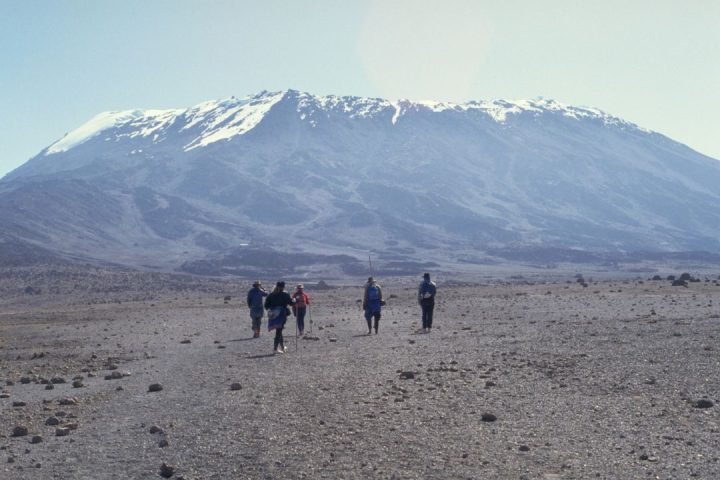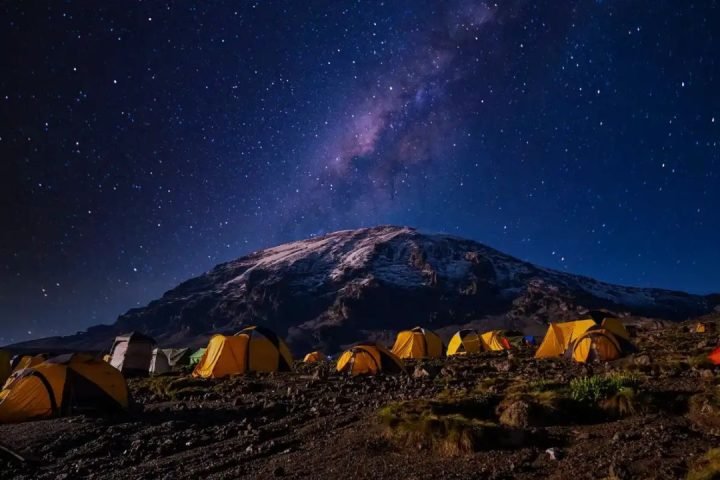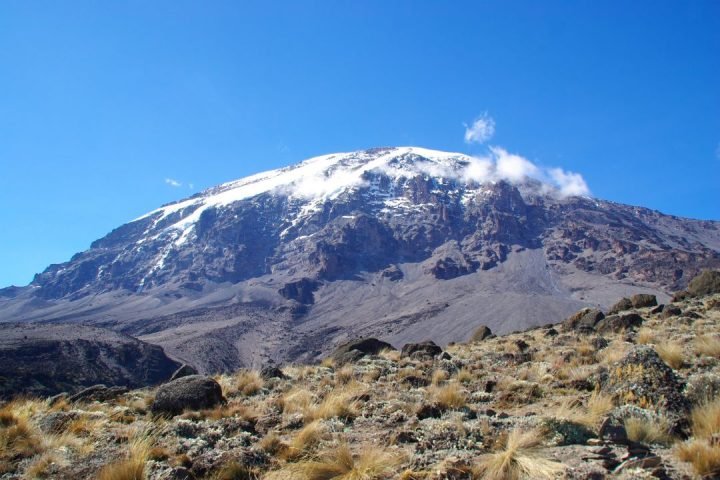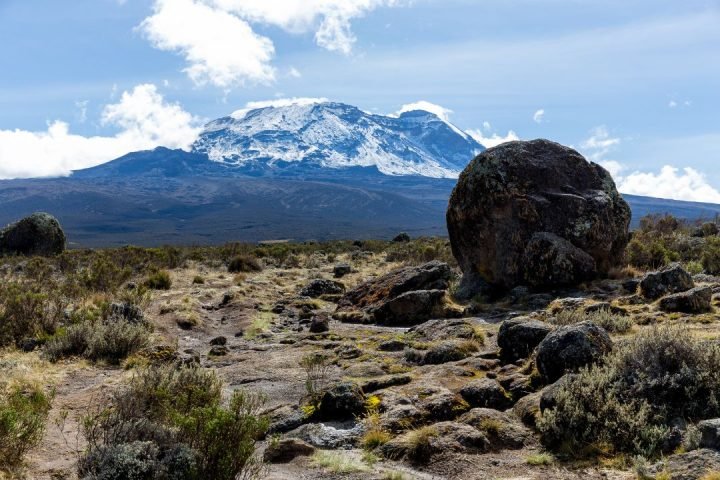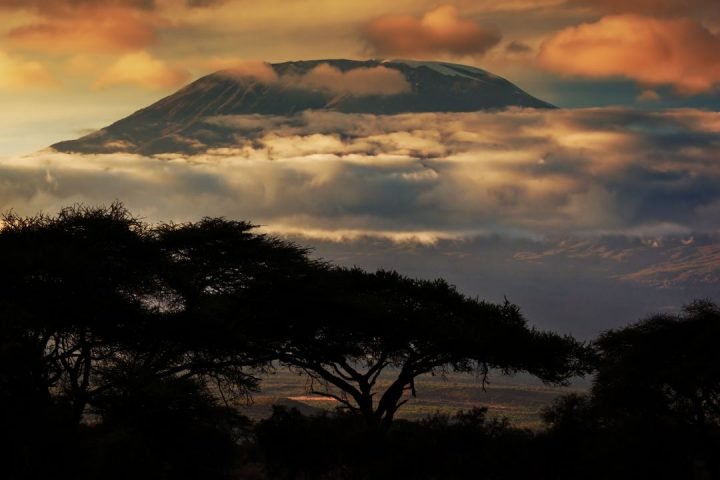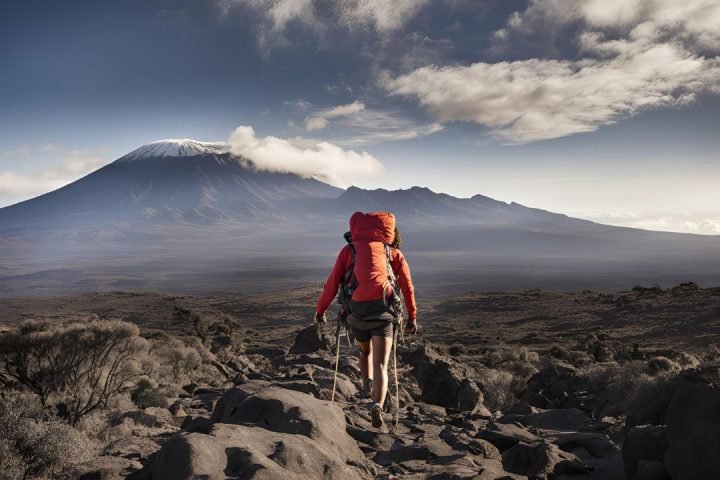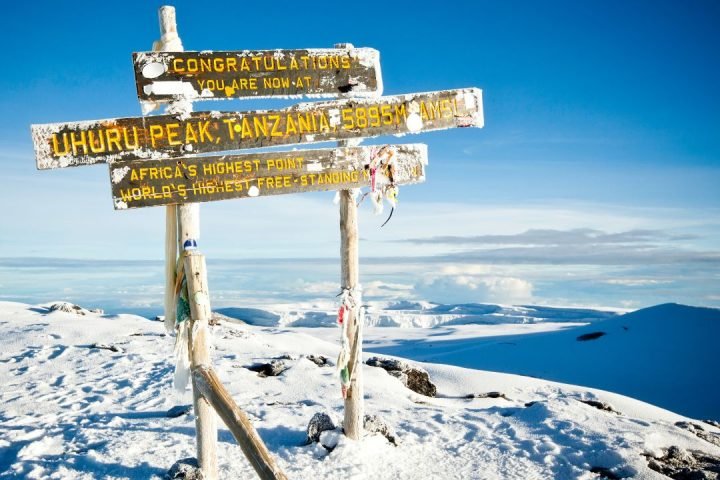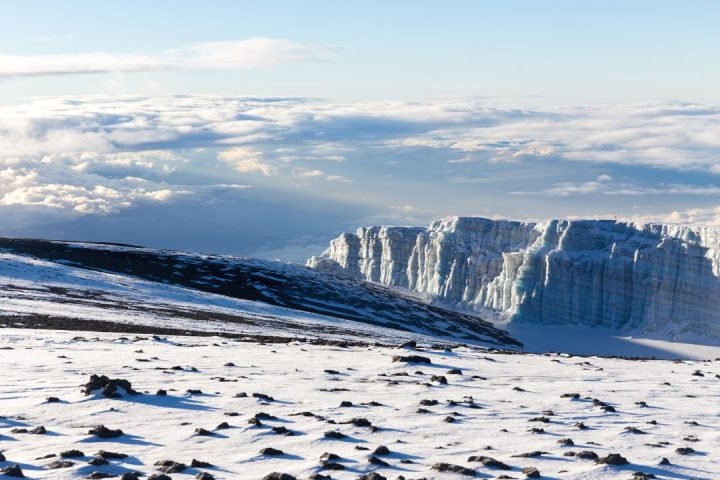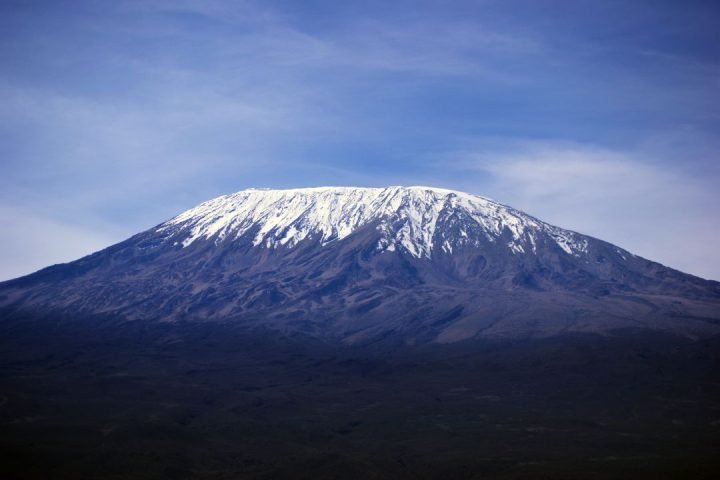6 Days Mount Kilimanjaro Trek – Umbwe Route Overview
The Northern Circuit Route is Kilimanjaro’s longest and most spectacular trail, known for its sweeping panoramic views and exceptional summit success rate. Starting from the western side at Lemosho Gate, the route loops around the mountain’s northern slopes, offering a serene and less-crowded trekking experience far from the busier paths.
This 8-day adventure with Leen Adventures provides superb acclimatization as you journey through diverse landscapes — from lush rainforest and heather moorland to alpine desert and the arctic summit zone. Along the way, you’ll enjoy stunning vistas of Mount Meru, the Shira Plateau, and the vast Kenyan plains, camping at some of the most picturesque spots on Mount Kilimanjaro.
📒 Please Note:
This trek begins and ends in Moshi or Arusha, mountain gear, and pre/post-climb accommodation are not included but Leen Adventures can arrange these upon request.
6 Days Mount Kilimanjaro Trek – Umbwe Route Details
6 Days Umbwe Route Highlights
6 Days Mount Kilimanjaro Umbwe Route – Detailed Itinerary
Arrival Day
Upon arrival at Kilimanjaro International Airport (JRO), you’ll be welcomed by a Leen Adventures representative and transferred to your hotel in Moshi or Arusha. Spend the day relaxing, organizing your gear, and preparing for the climb ahead. In the evening, you’ll meet your mountain guide for a thorough trek briefing and equipment check.
Day 1: Umbwe Gate to Umbwe Cave Camp
Altitude: 1,600 m → 2,850 m
Distance: 11 km | Hiking Time: 5–7 hours | Habitat: Rainforest
Begin your trek at Umbwe Gate, where you’ll register with the park authorities. The trail plunges straight into a dense rainforest, climbing steeply along narrow ridges with towering trees and hanging moss. The path is rugged and can be slippery after rain, so good footwear is essential. After a strenuous climb, you’ll reach Umbwe Cave Camp, nestled beneath giant trees. Settle in for the night, surrounded by nature’s untouched beauty.
Day 2: Umbwe Cave Camp to Barranco Camp
Altitude: 2,850 m → 3,900 m
Distance: 6 km | Hiking Time: 4–5 hours | Habitat: Moorland
Leave the rainforest behind as the path ascends through moss-draped trees into open moorland. The terrain becomes rockier, and you’ll begin to feel the altitude. As the trail joins the Southern Circuit, the views open dramatically, revealing Kibo’s southern glaciers and the towering Barranco Valley below. Arrive at Barranco Camp in the afternoon, where the sunset paints the cliffs in golden hues.
Day 3: Barranco Camp to Karanga Camp
Altitude: 3,900 m → 3,995 m
Distance: 6 km | Hiking Time: 4–5 hours | Habitat: Alpine Desert
After breakfast, tackle the iconic Barranco Wall — a thrilling scramble that rewards you with panoramic views. Though steep, it’s not technical and is one of the most exhilarating sections of the route. The trail then undulates through alpine valleys and over rocky terrain before reaching Karanga Camp. This shorter day aids with acclimatization and offers time to rest before the summit push. Enjoy dinner and another night above the clouds.
Day 4: Karanga Camp to Barafu Camp
Altitude: 3,995 m → 4,673 m
Distance: 4 km | Hiking Time: 3–4 hours | Habitat: Alpine Desert
Continue ascending through a barren, windswept landscape, where few plants survive. The trail climbs gradually to Barafu Camp, your final stop before the summit attempt. The camp sits on a narrow ridge offering commanding views of Mawenzi and Kibo peaks. After an early dinner, rest as much as possible — tomorrow begins your midnight ascent to the summit.
Day 5: Barafu Camp to Uhuru Peak to Mweka Camp
Altitude: 4,673 m → 5,895 m (Uhuru Peak) → 3,100 m
Distance: 17 km | Hiking Time: 12–14 hours | Habitat: Arctic to Rainforest
Wake around midnight for your summit attempt under a star-lit sky. The trail to Stella Point is steep and slow, climbing over loose volcanic scree. From Stella Point (5,756 m), continue along the crater rim to Uhuru Peak (5,895 m), the Roof of Africa. Take photos, savor the views, and soak in the moment. Descend back to Barafu Camp for rest and brunch, then continue down to Mweka Camp for your final night on the mountain.
Day 6: Mweka Camp to Mweka Gate to Moshi / Arusha
Altitude: 3,100 m → 1,640 m
Distance: 10 km | Hiking Time: 3–4 hours | Habitat: Rainforest
After enjoying your final breakfast on the mountain, begin your descent through the lush rainforest toward Mweka Gate. The trail can be slippery, so proceed with care. At the gate, you’ll receive your official summit certificate, marking your incredible achievement. Your Leen Adventures driver will then transfer you back to Moshi or Arusha, where you can celebrate with a hot shower, a hearty meal, and a well-deserved rest.
Departure Day
After breakfast, unwind and savor your final morning in Tanzania before being transferred to Kilimanjaro International Airport (JRO) for your flight home or onward journey. You can also extend your adventure with a wildlife safari or a Zanzibar beach holiday, arranged by Leen Adventures.
🎒 Optional Gear & Rentals
Enhance your Mount Meru trekking experience with these optional gear add-ons. All equipment is subject to availability, so early booking is recommended.
💰 Tipping Guidelines
Tipping is an important tradition on Mount Meru treks. Your mountain crew—including lead guides, assistant guides, cooks, and porters—work tirelessly to support you during the climb, and tips are a meaningful way to show appreciation for their dedication and effort.
Suggested Tipping Rates:
Tips are usually handed over at the farewell ceremony at the park gate on the last day of the trek. It is best to place tips in an envelope and give them to the lead guide, who will distribute fairly among the team.
Tips should be in US Dollars (clean, undamaged notes) or Tanzanian Shillings. While tipping is not mandatory, it is customary and greatly appreciated. For larger groups, tips are often shared equally among trekkers.
Are you Up for a Challenge?
